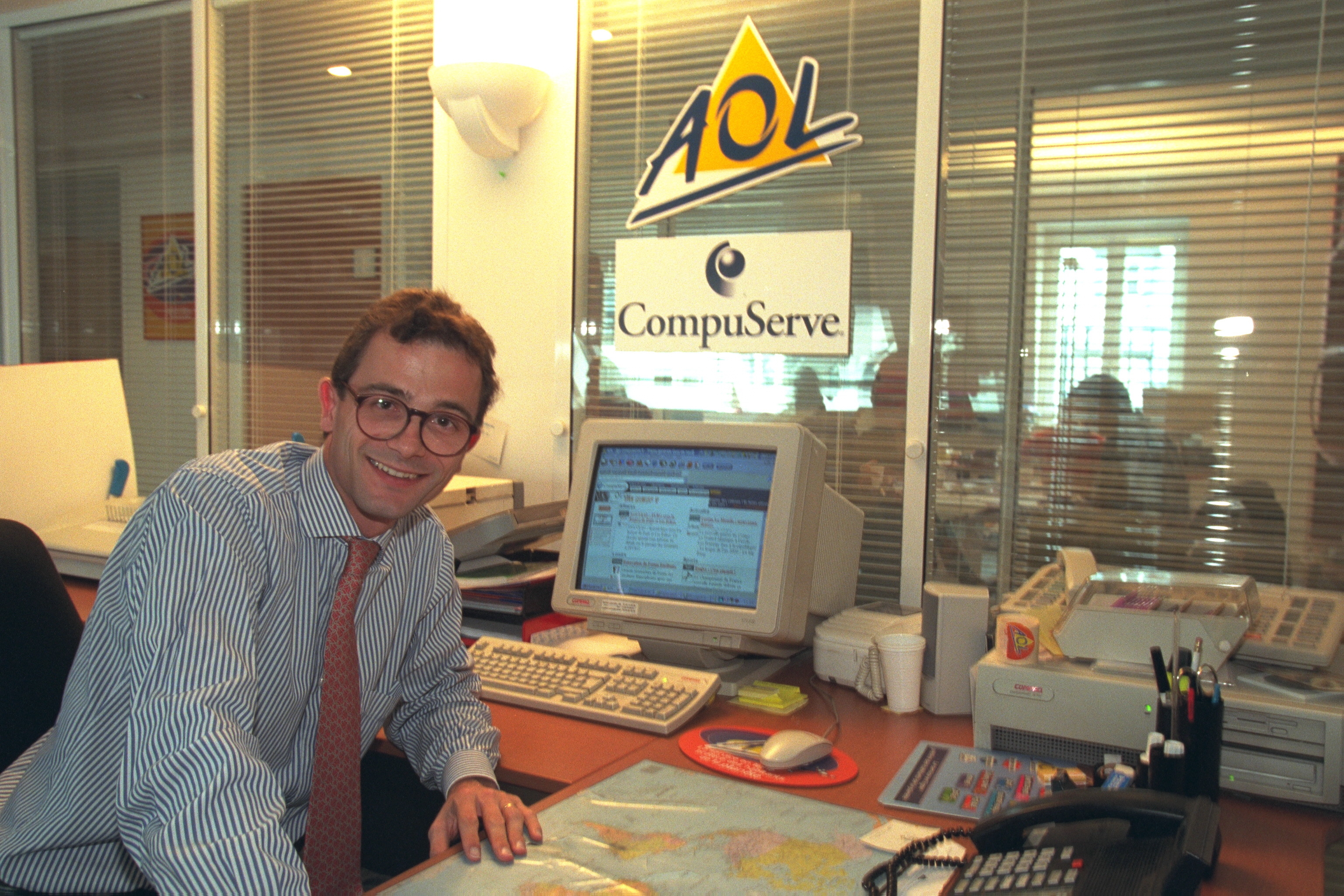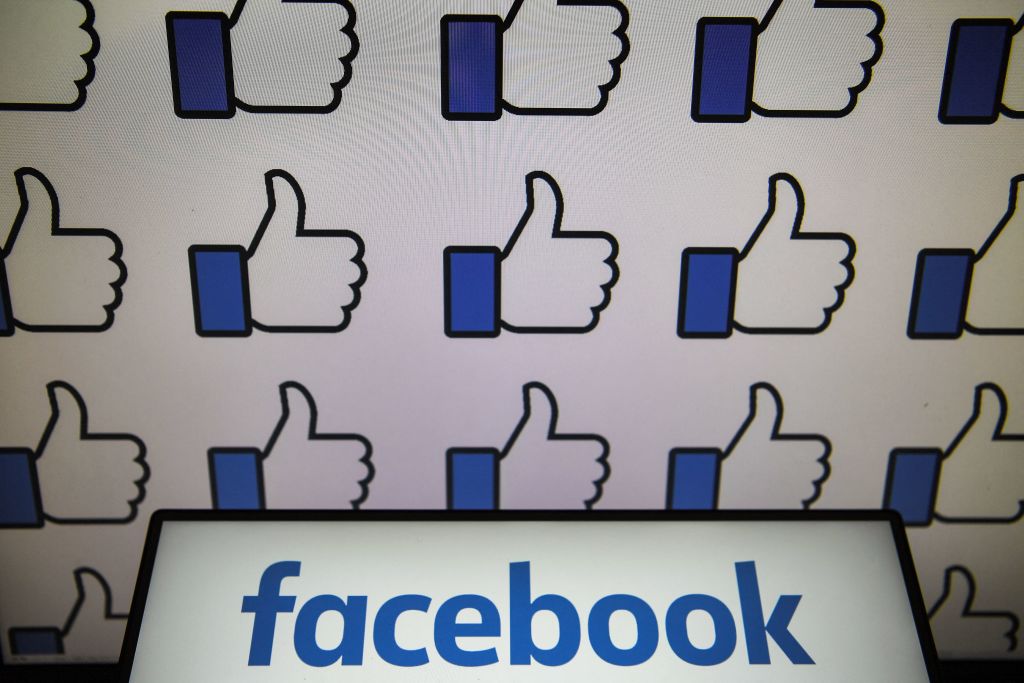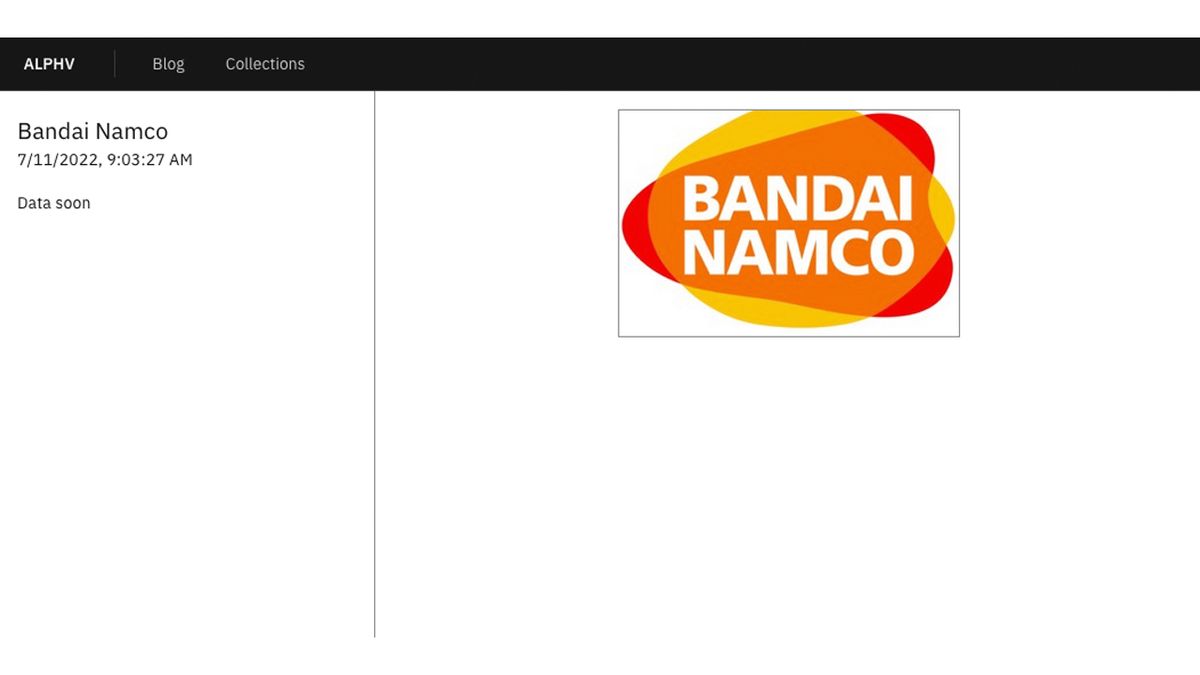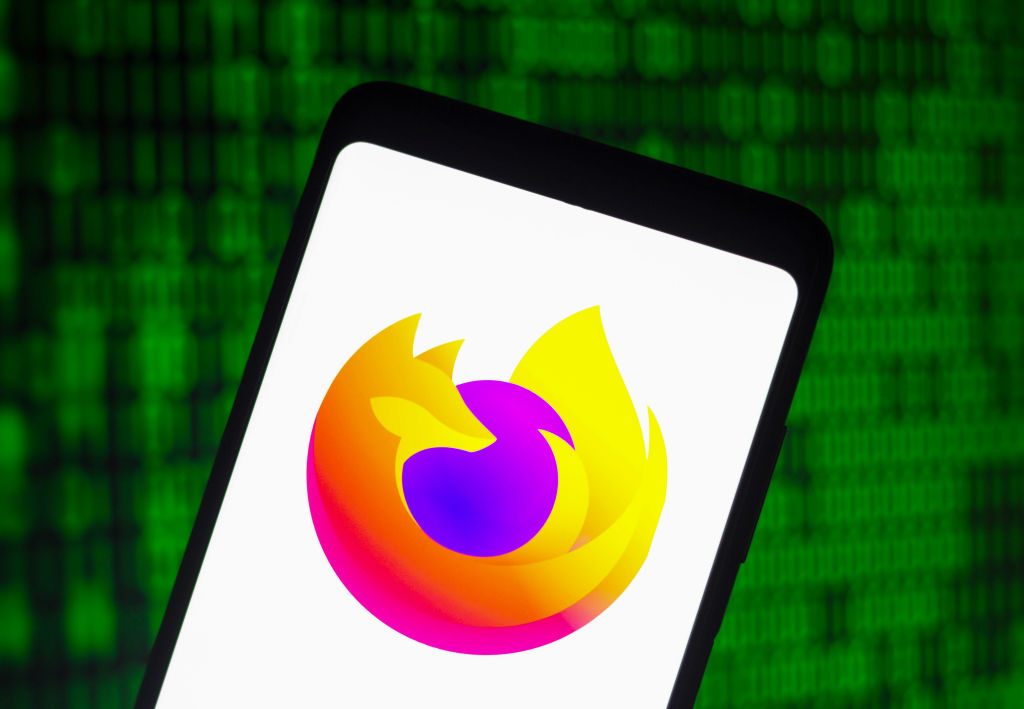Hello and welcome to ITPro's live blog World Wide Web Day!
We'll be using this as an opportunity to take a holistic look at the web and how it came to be the underpinning the modern world. We'll look back at all the early internet companies and where they are today, as well as hear from the wider ITPro team and their fondest memories of using the web.
So, what is the internet? And what is the World Wide Web?
Something guaranteed to cause teeth to grind is mixing up the two.
The internet is, effectively, a network of networks and its development came partly out of research from the US Defense Advanced Research Projects Agency (DARPA)
As the 1960s drew to a close, the research led to ARPANET, which initially consisted of a pair of network nodes. More sites were connected during the 1970s and ARPANET developed into a decentralized communications network connecting remote centers and US military bases.
Ideal for the challenges of the Cold War.
Although ARPANET was eventually decommissioned, work continued to make the network more user friendly, thanks to the establishment of technologies such as TCP/IP.
In 1990, Tim Berners-Lee and his team built the tools necessary for the web - the HyperText Transfer Protocol (HTTP), HyperText Markup Language (HTML), a web browser and a web server. The services operated over the internet and led to the World Wide Web we know today.
Commercial restrictions meant that the internet’s use was limited until these disappeared in 1995, allowing companies to further develop, market, and mature the technology
"But what is the internet really?"
Think of it as interconnected network of physical cables, flowing data between Internet Service Providers (ISPs), data centers, business and residences.

The mid to late 1990s is when some of the earliest successful internet companies were founded. Some remain leaders today. Others... not so much.
Amazon, now the most successful of the early internet companies, was founded in 1994 as an online bookstore.
eBay (formerly AuctionWeb) turned up in 1995 and remains a major player in the online retail space today. It also owned PayPal.
Some, however, have not stood the test of time quite so well. Early pioneers such as AOL and Prodigy gave users a way of accessing the World Wide Web, but fell by the wayside as competing services gained traction.
CompuServe, which had its roots in the 1960s, was another of the 'Big Three' information services which had great success providing user access to the internet before eventually also succumbing to competition from the more open World Wide Web.
Accessing the World Wide Web requires a browser to render web pages.
One of the first widely available was the Mosaic browser, developed by the National Center for Supercomputing Applications. While Mosaic did not survive the 1990s, it inspired Netscape Navigator and was licensed by Microsoft to create Internet Explorer.
Netscape Navigator eventually lost the first "browser way" to Microsoft's Internet Explorer. The latter has since been eclipsed by the likes of Google's Chrome (and browser that use the Chromium engine) and Apple's Safari.

And then there is social media. The World Wide Web and the internet gave rise to platforms such as Facebook, which defined a generation of web use (and is currently trying to define the next one.)
The communication possibilities afforded by the internet and the World Wide Web have also given users micro-blogging platforms, such as Twitter as well as alternatives such as Mastodon and Bluesky.
Users have also been able to make use of forums, such as those hosted by Reddit, in order to exchange ideas via online posts and comments.
As time has gone by, and new services (such as cloud computing) have emerged, concerns around privacy and anonymity have resulted in the creation of networks such as the 'dark web' where private networks can communicate without divulging identifying information.
While some of the content accessible through such services is questionable, their presence also highlights the challenges around privacy and confidentiality faced by today's World Wide Web.
Challenges that lawmakers and regulators are currently debating.
We asked some of our writers for their earliest memories of the internet and the World Wide Web.
Connor Jones, news editor at ITPro
One of my earliest and fondest memories of the internet is squeezing into the spare room of my house as a kid to access the painfully - and I mean painfully - slow computer and playing dial-up roulette with my mum’s supervision. No, not underage internet-based gambling. Being raised in rural England, the internet service was diabolical and it was always a case of seeing if AOL would let us connect on any given evening. The screeching dial-up tone could persist for hours only for us to eventually give up. But even with such a dreadful first internet experience, nothing like the kids of today would ever know, the power of the internet was still as evident then as it is today, and even though it took minutes - plural - to load a single web page, I still knew I was looking into the future.
Years later, when we got broadband - if you can call 1.5 down and 0.1 up broadband (rural internet in the UK!) - I was first able to go online and play video games with my friends. Living so far out in the sticks, I never had the opportunity to go and play football or anything like that after school with my school friends, who lived several villages away, so hopping on Call of Duty in the evenings was my closest equivalent. It was revolutionary and even though my gameplay lagged far more than most, at least I had a trusty excuse to fall back on when I couldn’t quite clutch that last round of S&D.
Richard Speed, staff writer at ITPro
I predate the World Wide Web, and my first experience of being online was trying to make an acoustic coupler work with the family telephone so I could access the University's VAX system.
Then there was the excitement of downloading the first iteration of Doom from a bulletin board, and waiting hours while the modem did its thing only for someone to accidentally pick up another phone in the house and break the connection.
However, my first memorable World Wide Web interaction was following the loss and recovery of ESA's Solar and Heliospheric Observatory (SOHO) spacecraft in the 1990s through what we'd regard today as a 'blog' and being able to email the actual engineers and scientists involved. The interaction opened my eyes to what an incredible tool for communication this technology was going to be.
While things have moved on in the decades since and the World Wide Web has become increasingly complicated in a variety of ways, the fact that SOHO is still doing science reminds me of that first interaction when researchers were suddenly able to publish their progress and respond to over-enthusiastic geeks in near realtime.
Jane McCallion, deputy editor at ITPro
In the early-to-mid-2000s, I used to spend more time than I probably should have watching flash animations and short videos that are still now embedded in my brain: Powerthirst, All Your Base Are Belong to Us, anything and everything from Rathergood.com and Homestar Runner. Many, many in-jokes between me and my friends were based almost exclusively on what I suppose were early memes – to this day, overdone toast is burninated and I mentally ask myself if I'm ready to feel uncomfortably energetic before drinking an energy drink.
Rory Bathgate, staff writer at ITPro
I'd say a good deal of my interest in media and filmmaking came from early-to-mid 2010s YouTube, back when it felt like more of a meritocracy. I feel like with most social media there's a grace period when it first starts where it all feels a bit lawless - people are trying to figure out how it works and what does best there. YouTube certainly felt like that for quite a few years, and I think a lot of people in my generation were inspired by the idea that anyone could become internet famous with a camcorder, a dumb idea, and some friends (much to the chagrin of parents the world over who suddenly started hearing "I want to be a YouTuber when I grow up"). Same goes for Newgrounds animations, which were so homemade but the result of really hard work by talented animators.

Sites for the World Wide Web were originally carefully created using text editors or basic design tools, outputting HTML crafted to make use of the very limited bandwidth available. Interactivity was severely limited when compared to modern expectations.
As browsers have become ever more capable, developers have been able to take advantage of services such as JavaScript and Cascading Style Sheets (CSS) to create web pages that feel more like native applications.
Frameworks such as Node.js and React provide a richness of experience not possible with the tables and frames of HTML. However, with increasing complexity has come increasing opportunities for exploits and vulnerabilities as the surface area for attack has grown.
While most modern web pages you're used to accessing look modern, sleek, and responsive thanks to them taking advantage of the latest technologies and frameworks, there are many others that still look like they belong in the previous decades.
I'm talking about the dark web, the underbelly of the clear web where people go to participate in a different kind of internet experience.
Adopted by the likes of whistleblowers, journalists, activists, cyber criminals, criminals of the traditional kind, and many more, the dark web offers a home for people looking to hide their identities.
Accessed using a specific browser, TOR (The Onion Router), the dark web uses onion routing which relays a user's network traffic through a series of 'nodes' via virtual tunnels which form a patch that's chosen at random by the network. This applies to each and every individual transmission of data.
Onion routing involves data sent with layers of encryption between different servers and ultimately the receiver. The keys to decode these layers are all individual and can only be accessed by the server responsible for decrypting the specific layer sent to it. Each server only knows the network nodes that immediately come before and after it, no others, which helps keeps users anonymous - though, the technique can be broken with enough time and motivation.
Because web pages on the dark web have to jump through so many more hoops than those on the clear web, and the sites on the dark web often don't invest in the infrastructure needed to host highly responsive web pages, then they often look dated, or at least very basic.
Having web pages requiring fewer data packets to load is a way to mitigate the slow speeds while using the TOR browser, offering dark web users the quickest experience possible.

This is a screenshot of a ransomware organization's dark web-based website. It's very basic, though you can find more responsive services elsewhere.
Dread, the dark web's answer to Reddit, for example, is one of the sleeker web pages you visit using TOR, while many others look like they're composed of little more than a lone HTML file.
There is so much more we could explore with the web if we had longer, but we're calling time on this retrospective for today very shortly.
But before we go, we wanted to leave you with some of the team's final thoughts on the web and what it means to them...
Andreas Theodorou - editor in chief at Tech Software
The first thoughts that come to mind (besides the joys of the dial-up internet) would be the first viral jump-scare video I ever saw. The one where you're watching the car drive through the countryside - I think I was about 7 or 8 and my mum had been sent it by one of her cousins. We sat in front of the computer and my mum told me to follow the car. I did, and then promptly fell backwards out of my chair and into the hallway!
On a brighter note, I think people forget just how much the internet has become a very social place. If you'd told me 20 years ago I would have friends around the world and be able to talk to them almost daily with instantaneous messaging, it would've blown my tiny mind. While I personally detest a lot of the things that social media has become, the sheer connectedness of online gaming and communication makes it easier than ever to speak with and see the people you love. I can talk to my sister and her family on the other side of the country, play games with friends in different countries, and so much more. If nothing else, the internet has propelled us towards a true global community.
Ross Kelly, staff writer at ITPro
I've met some great, long-term friends online over the years playing video games, which has been amazing.
After meeting a group of people playing Rust in 2018, I've managed to keep in touch with them consistently and have had some wonderful experiences playing with them during that time. This includes somewhat of a ragtag international band of folks, including Americans, Germans, a Welshman, and two players from Curacao who now live in the Netherlands. Without the internet, I'd have never met such a varied range of people.
Bobby Hellard, reviews editor, ITPro
I didn't really do anything on the web until I got a MySpace page and it completely changed everything. I wasted hours picking songs for my page and learning how to customize the layouts and themes. I hope Tom is still out there somewhere...
And why not a few fun web facts just to see everything off...

Email technology actually precedes the World Wide Web. It was invented in the early 1970s in the ARPANET days, long before the web was officially invented in 1989.
The latest available data (2019) from the estimated 265,331 US households still have dial-up internet subscriptions, although it's difficult to know for sure now as dial-up internet is no longer tracked in official broadband surveys.

The Firefox logo is a point of contention as some people think it's not actually a fox depicted in the logo.
Firefox is another name for the red panda, a fact Firefox recognized in its official rebranding FAQ page.
However, time has seen Mozilla change its tune and refer to it officially as a fox, as one forum moderator confirmed.
What do you think?
The company that is arguably more synonymous with the web than any other, Google, used to rent goats to trim the lawn at its Mountain View HQ.
Thought of as a low-carbon alternative to petrol-powered mowers, the company used to hire 200 goats at a time to get the job done.
No, we're not kidding you either!
That's it from us - we hope you enjoy the rest of World Wide Web Day. Happy browsing!
